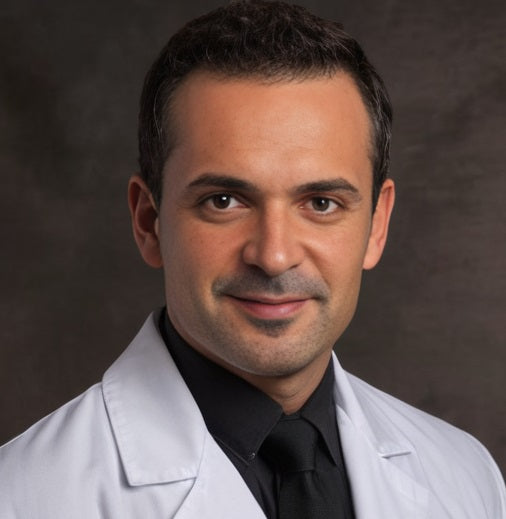What is Iodine and Why is it Important During Pregnancy?
Iodine is a trace mineral essential for producing thyroid hormones, which play a critical role in your baby’s brain and nervous system development. During pregnancy, your iodine needs increase significantly because your body is supporting both your thyroid function and your baby’s growing thyroid.
How Much Iodine Do You Need?
The recommended daily intake of iodine for pregnant women is 220 micrograms (mcg). This amount ensures that both mom and baby maintain healthy thyroid levels and avoid developmental issues. If you’re breastfeeding, the requirement goes up to 290 mcg per day.
Sources of Iodine in a Pregnancy Diet
Here are some iodine-rich foods to include in your diet:- Seafood (e.g., cod, shrimp, and tuna)
- Dairy products (milk, yogurt, and cheese)
- Iodized salt – a simple way to add iodine to your meals
- Eggs – especially the yolk
- Seaweed – but consume in moderation as some types may contain excessive iodine
If you follow a vegetarian or vegan diet, or if you have dietary restrictions, talk to your healthcare provider about iodine supplements.
Risks of Iodine Deficiency
Insufficient iodine during pregnancy can lead to serious consequences such as:- Hypothyroidism in the mother, which may cause fatigue, weight gain, and depression.
- Cretinism in the baby, a condition that affects physical growth and mental development.
- Goiter – an enlarged thyroid gland due to overcompensation by the body.
Fortunately, iodine deficiency is preventable with proper dietary planning and prenatal care.
Should You Take Iodine Supplements?
While many prenatal vitamins contain iodine, not all do. Be sure to check the label or consult your healthcare provider to ensure your supplement meets the recommended daily amount. Avoid taking more than the recommended dose, as excessive iodine can cause thyroid issues.
Including enough iodine in your pregnancy diet is key to supporting your baby’s brain development and maintaining your own thyroid health. Whether you get iodine from food or supplements, a little planning goes a long way toward ensuring a healthy pregnancy. Always consult your healthcare provider to tailor your diet and supplements to your specific needs.

Content Reviewed by Dr V.
Learn MoreDr. Vaheh Shirvanian, a family medicine physician and father. With over 17 years of experience, he specializes in inpatient acute hospital care, outpatient family medicine, urgent care, emergency medicine, and hospice care. Dr. V is passionate about guiding new parents through the challenges and joys of parenthood, offering compassionate and expert support at every step.








